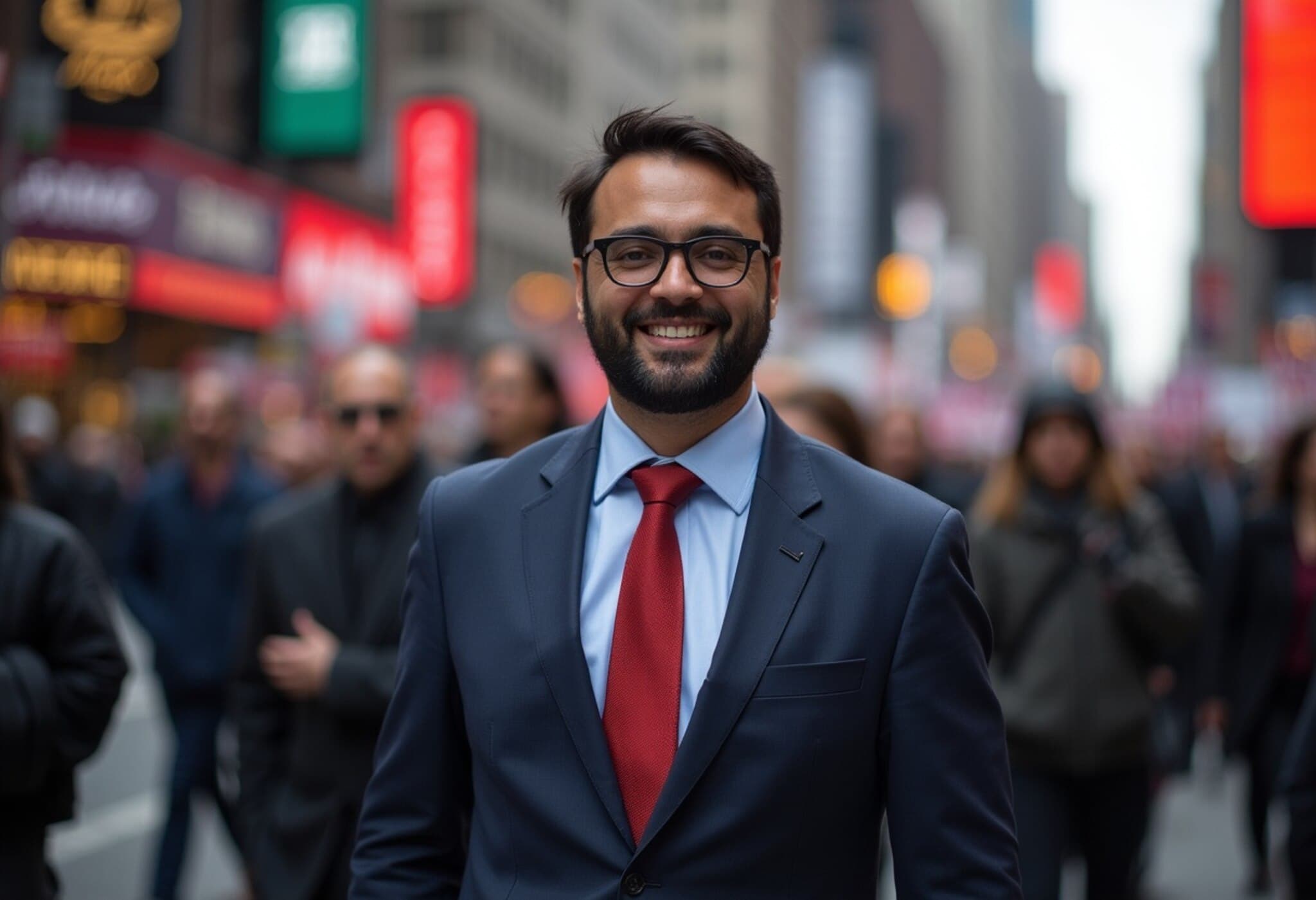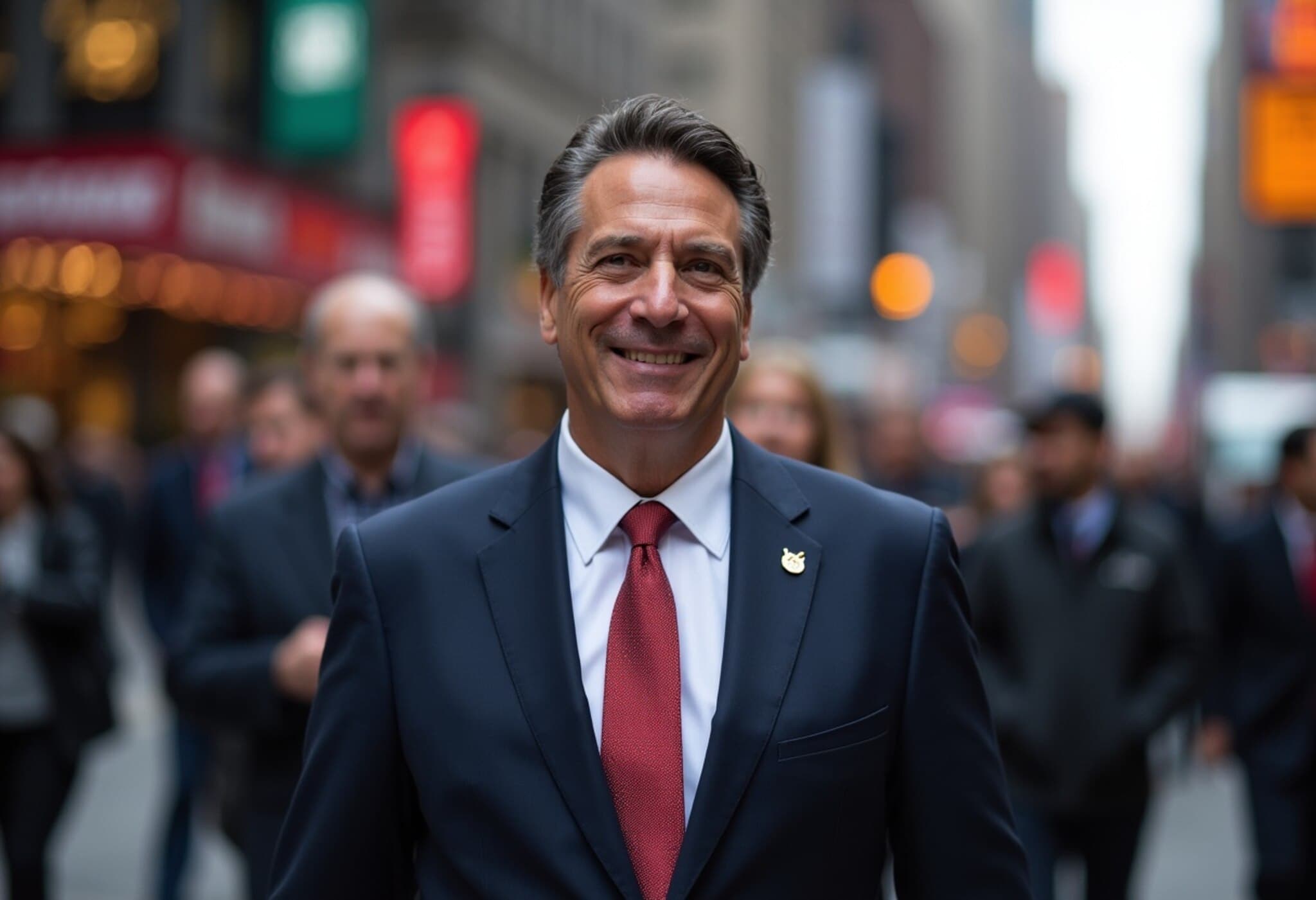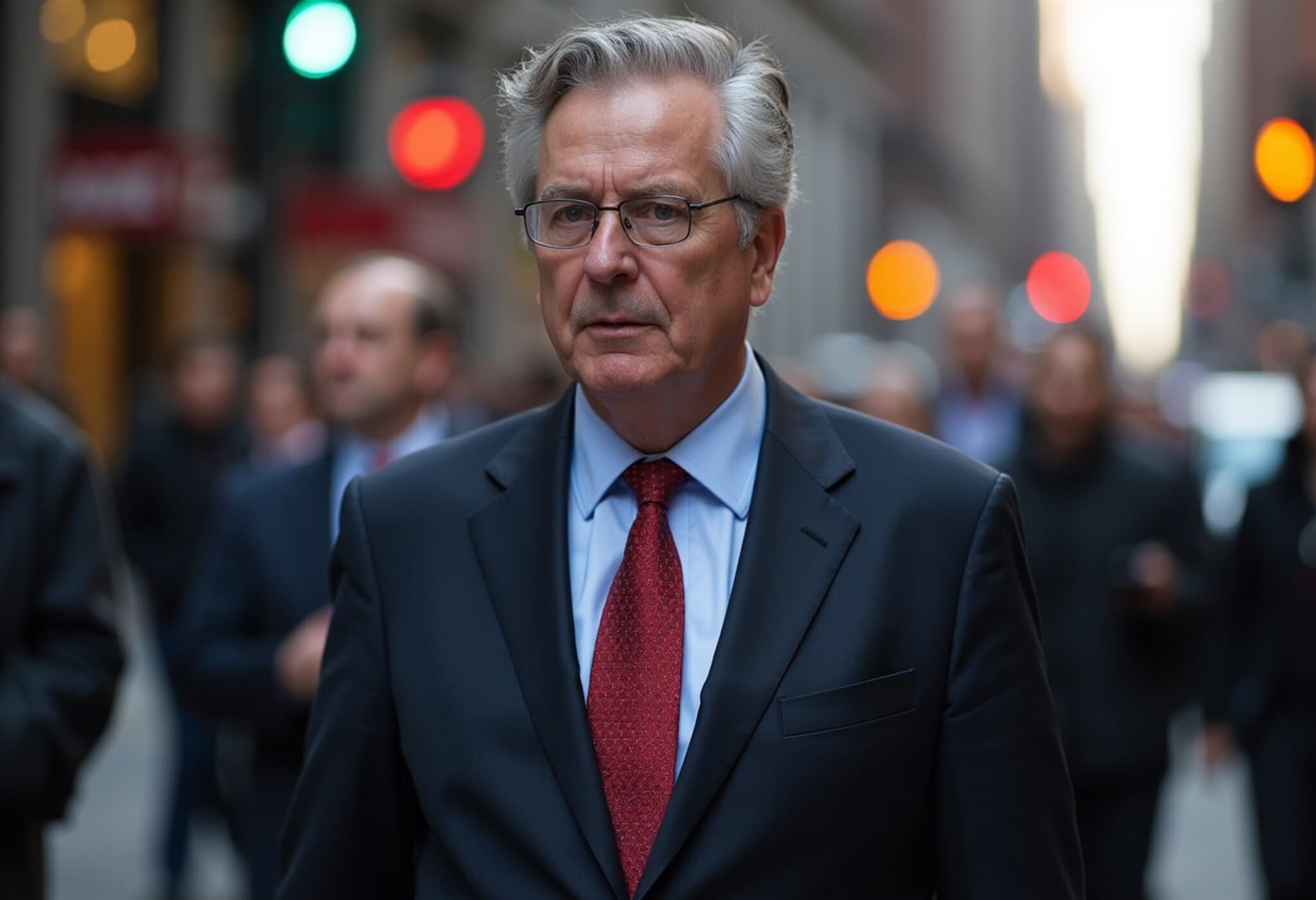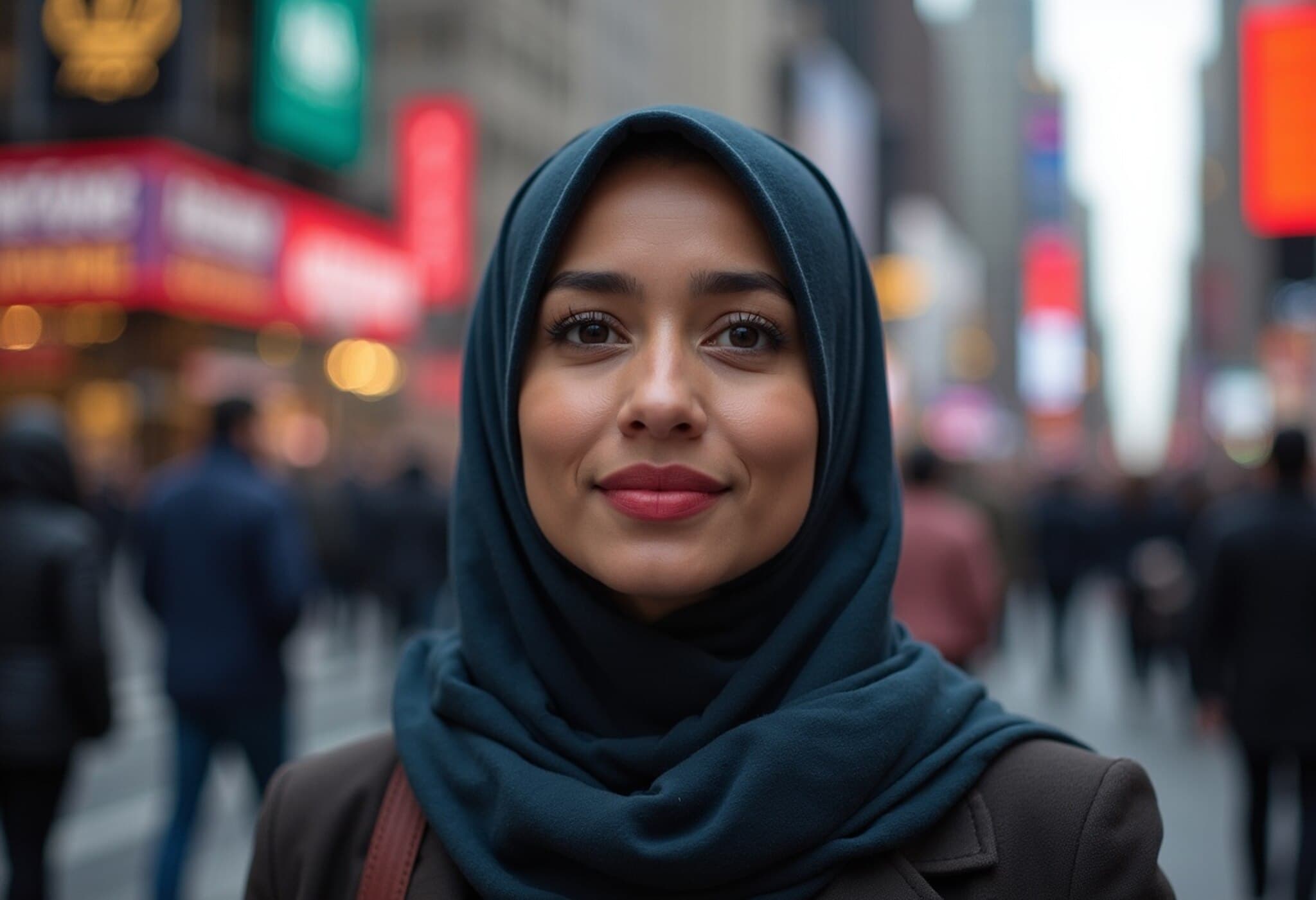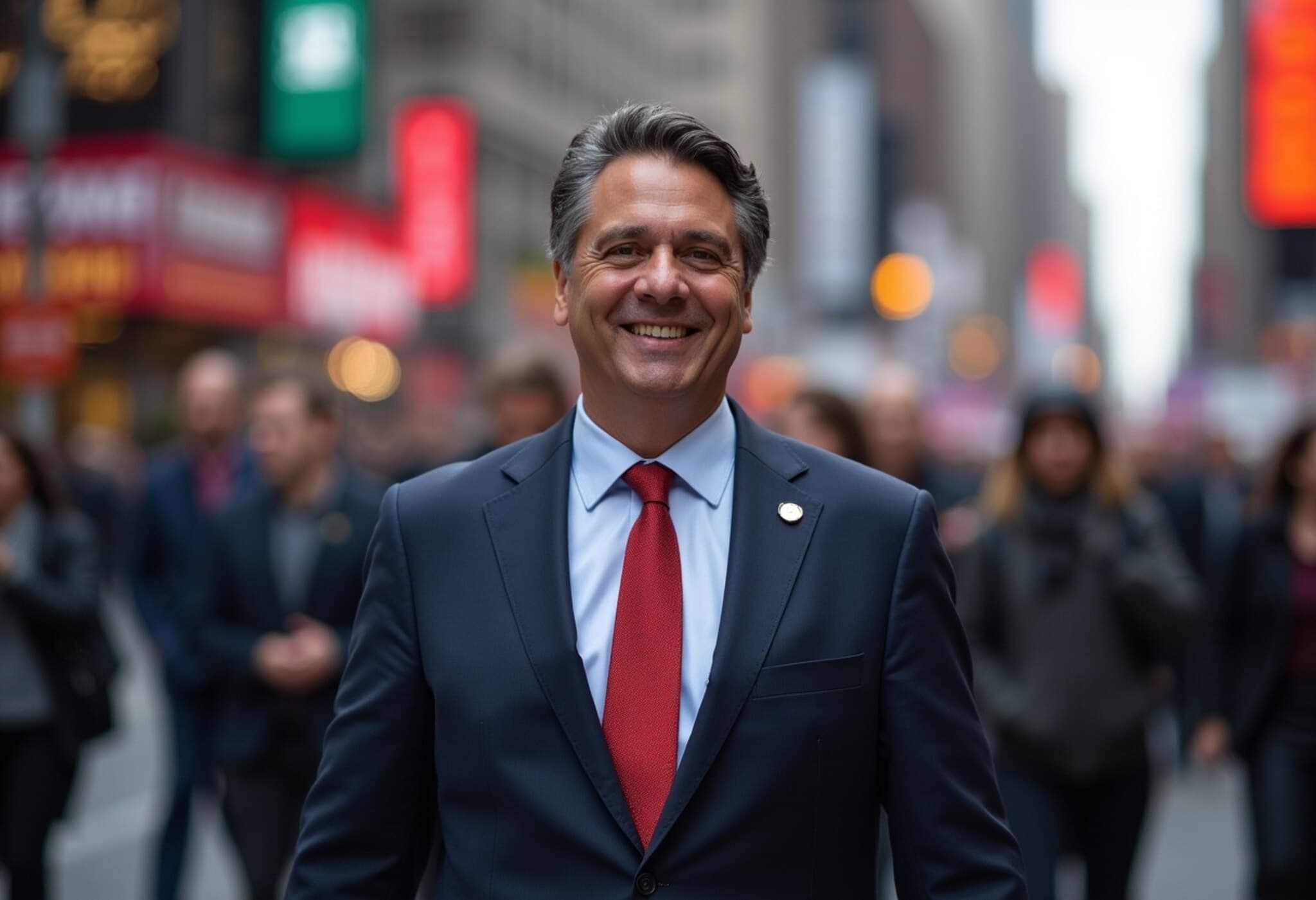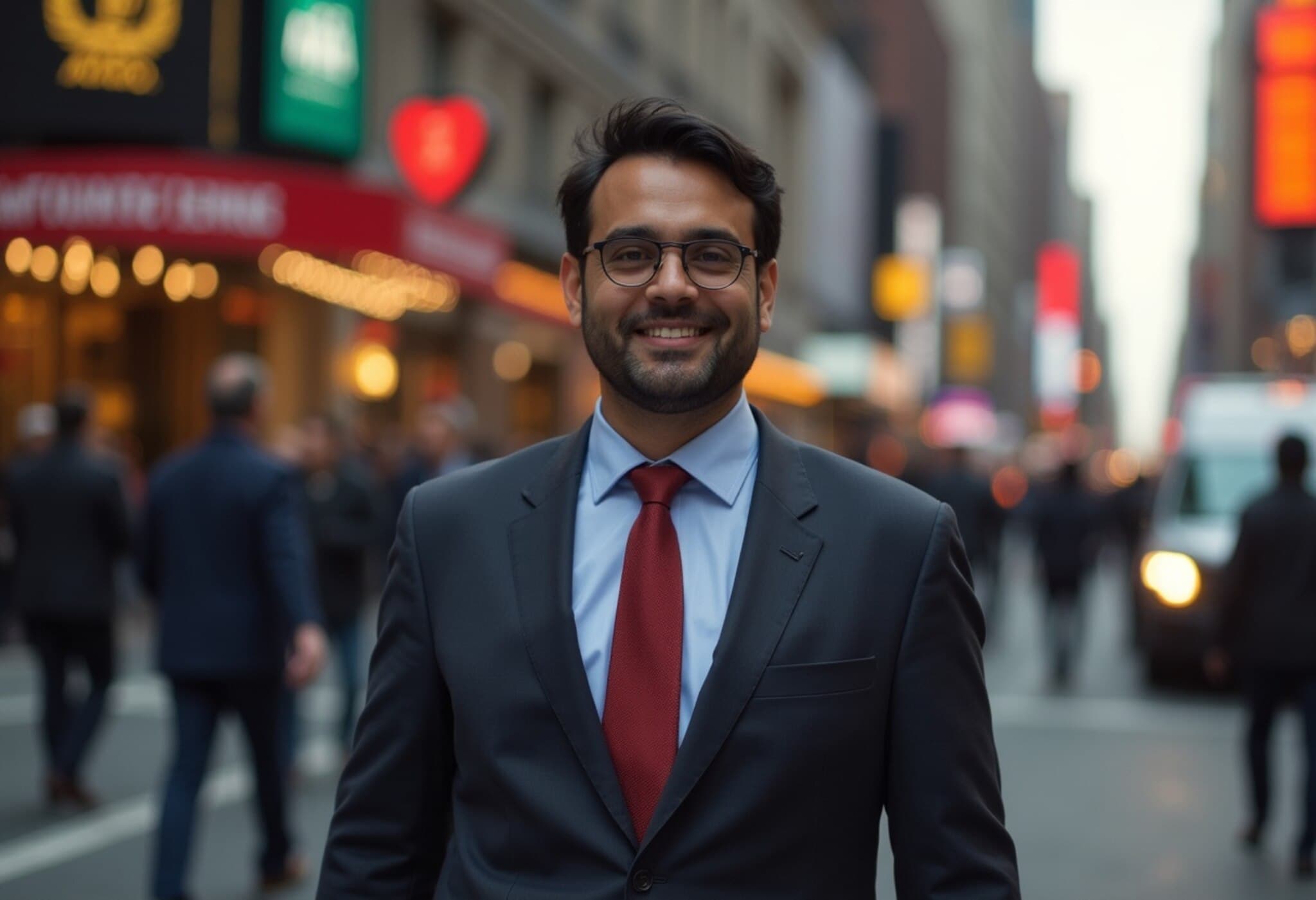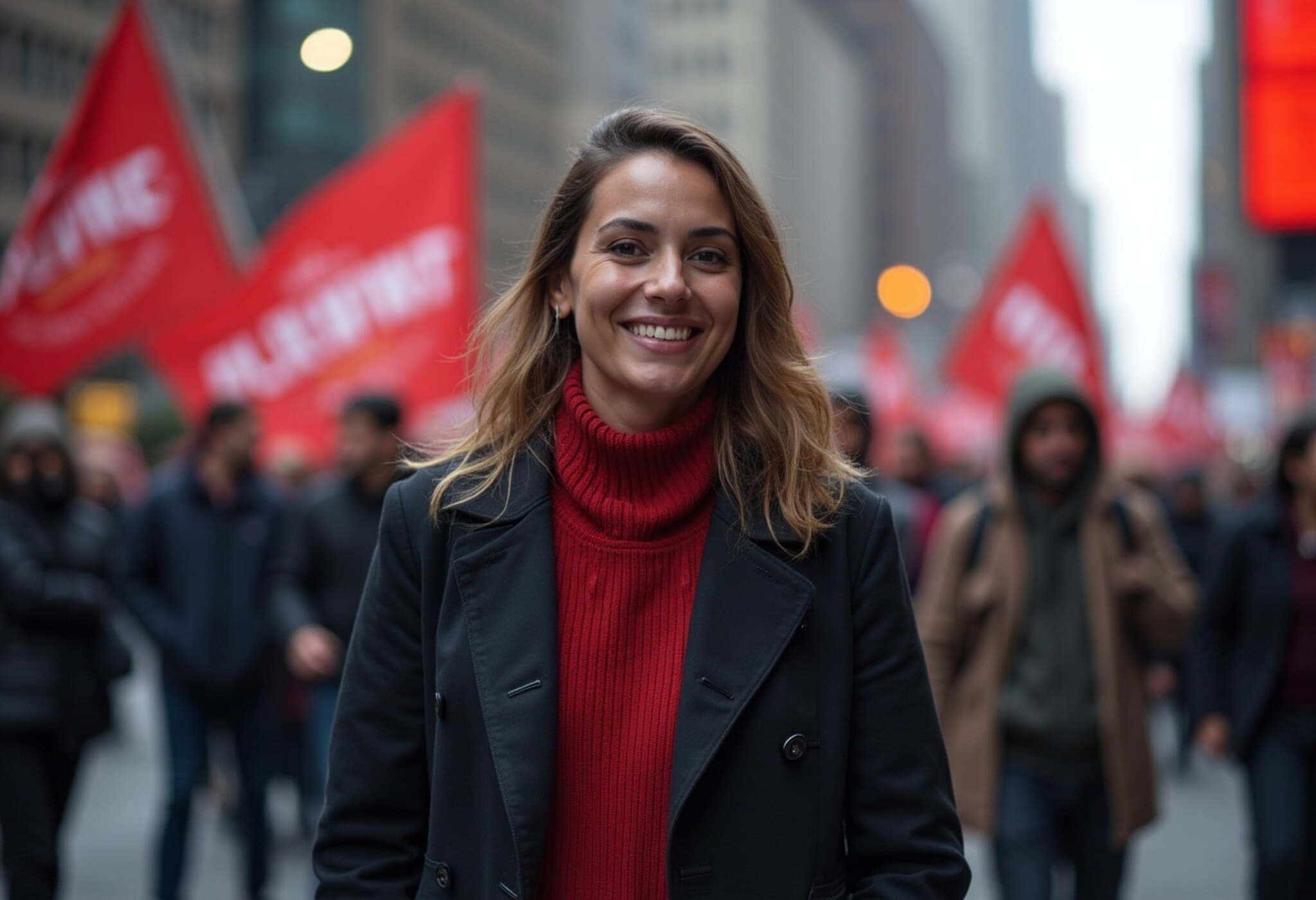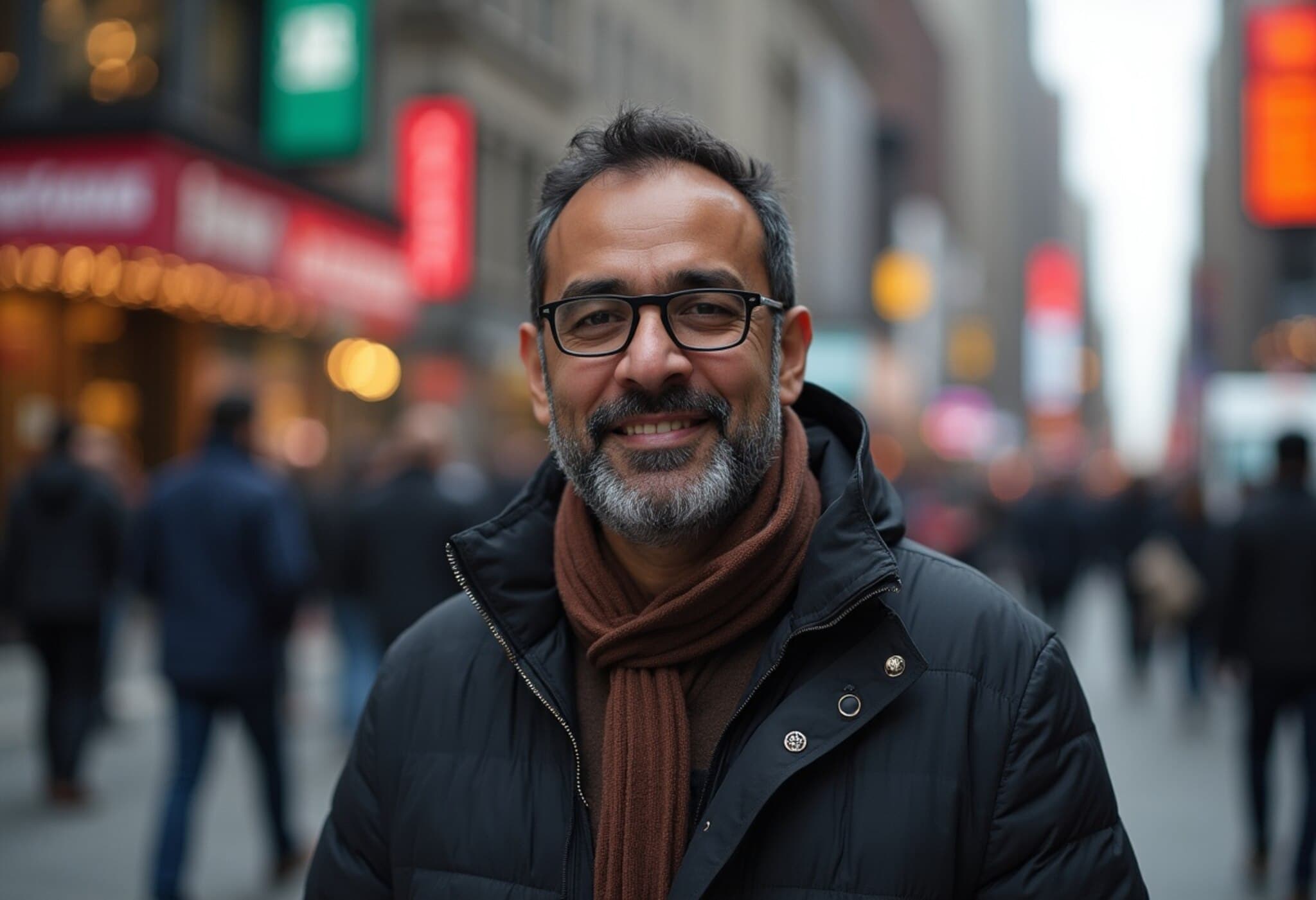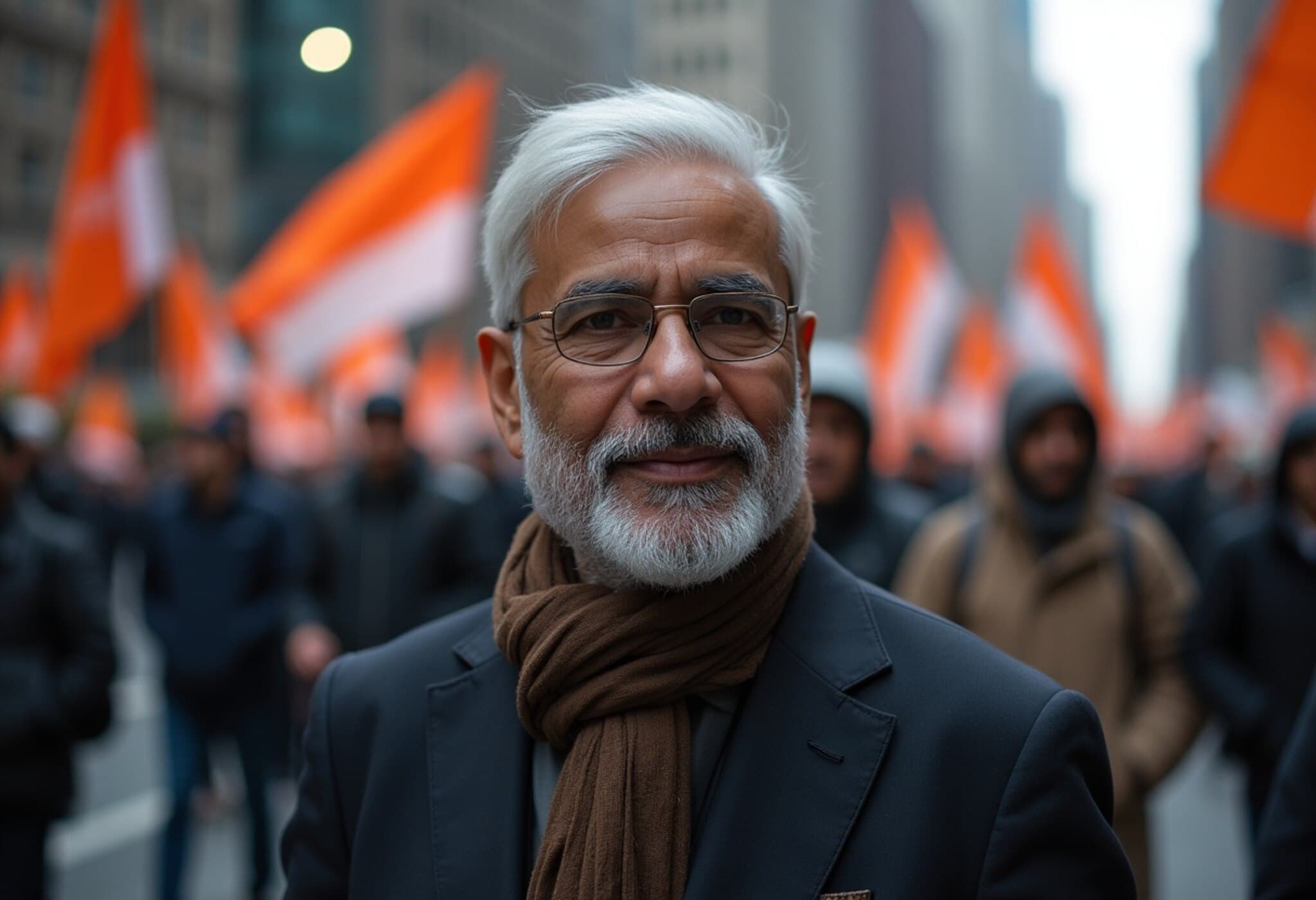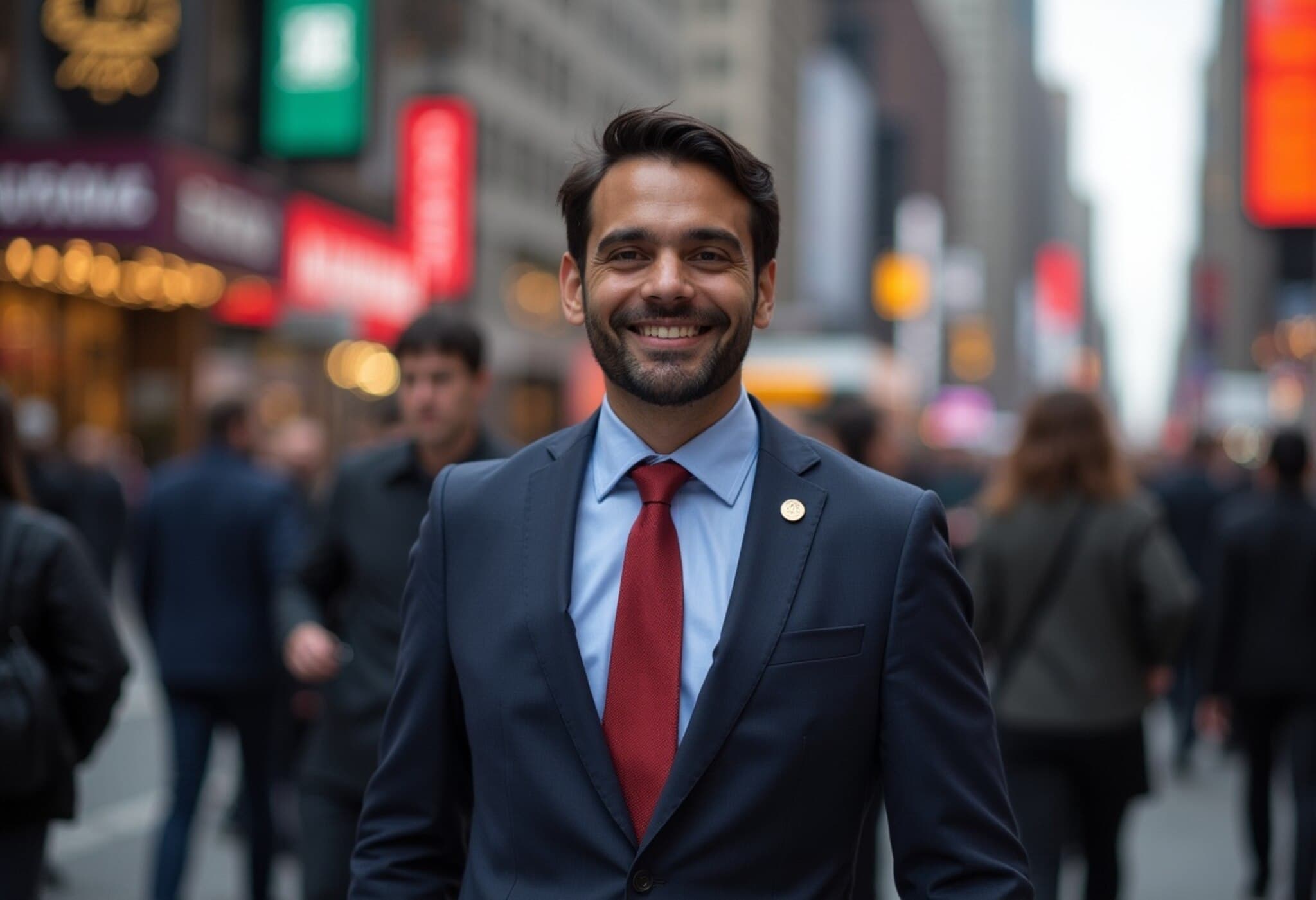Zohran Mamdani’s Unexpected Rise in NYC's Mayoral Race
At just 33 years old, Zohran Mamdani has reshaped the New York City Democratic mayoral primary by securing a decisive win over former Governor Andrew Cuomo. What set Mamdani apart was his ability to rally broad support from diverse communities, particularly within Black, Hispanic, and Asian neighborhoods—areas Cuomo was previously favored to dominate.
Brooklyn’s Progressive Districts: The Heart of Mamdani’s Coalition
Mamdani’s campaign thrived in Brooklyn’s progressive strongholds. Ranked-choice voting data revealed that he amassed over 20,000 votes in neighborhoods like Fort Greene, Clinton Hill, Bed-Stuy, and Crown Heights, overshadowing Cuomo’s approximately 5,500 votes in these areas.
Similarly, in Brooklyn Heights, Boerum Hill, and Carroll Gardens, Mamdani secured nearly 19,000 votes compared to Cuomo’s 6,900, marking a commanding lead in districts known for their liberal stances.
One expert observed that Mamdani constructed a much broader coalition than many anticipated from a candidate affiliated with the Democratic Socialists of America, illustrating his ability to transcend traditional political boundaries.
Breaking Through Traditional Voting Patterns
Mamdani successfully connected with communities that traditionally favored moderate Democrats. He exceeded expectations in predominantly Black and Hispanic neighborhoods, chipping away at Cuomo's seemingly unassailable base. This shift spotlighted Mamdani’s resonance with voters seeking change.
Controversy and Resilience in Kensington and Queens
Despite criticism over his outspoken stance on Israel—describing its policies as "genocidal" and facing accusations of antisemitism—Mamdani won more than 70% of the vote in parts of Kensington, home to a large Orthodox Jewish population. He also triumphed in Queens' College Point, an area represented by Republican Councilwoman Vickie Paladino, who unsuccessfully called for his deportation during the campaign.
Paladino later remarked on Mamdani’s unexpected support, highlighting how he galvanized an energized, largely youth-driven electorate, one that introduced fresh voices into the political arena.
Strong Support Among White New Yorkers and Asian Communities
According to City University of New York data, nearly 45% of Mamdani's backing came from predominantly white neighborhoods with a high density of native New Yorkers. Additionally, he made significant strides with Asian voters, capturing over 65% of the vote in Woodside, Queens and winning Manhattan’s Chinatown.
A local state senator praised Mamdani’s grassroots approach, noting that his victory was strengthened by his genuine connection with Asian communities—not through speaking at them, but by actively listening and presenting innovative ideas to enhance the city for all residents.
A Historic Path Forward
If Mamdani secures the mayoralty in November, he will become New York City's first mayor of South Asian descent, marking a significant milestone in the city’s diverse political landscape.

